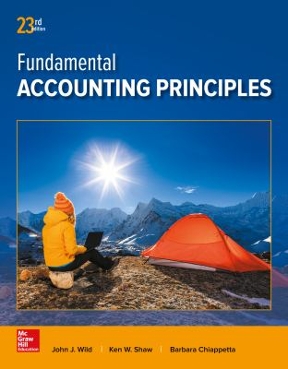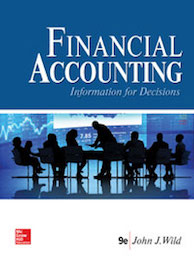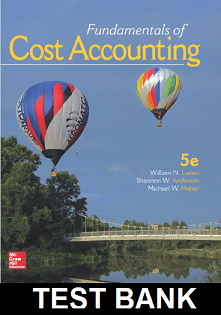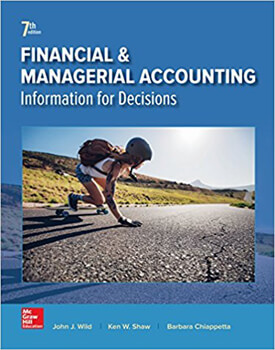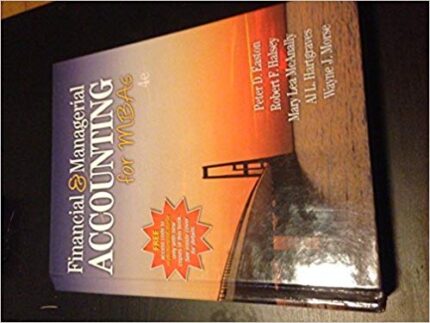Test Bank For Fundamental Accounting Principles 14th Canadian Edition Volume 2 By Larson
1. A liability is a future payment of assets or services that a company is currently obligated to make as a result
of past transactions or events.
True False
2. A company’s obligations not expected to be paid within the longer of one year of the balance sheet date or the
next operating cycle are reported as current liabilities.
True False
3. All expected future payments are liabilities.
True False
4. A liability exists because of a past event that creates a future obligation for future sacrifices.
True False
5. Long-term liabilities are obligations of a company requiring payment within one year.
True False
6. A long-term liability can have a current component.
True False
7. Amounts received in advance from a customer for future products or services are initially recorded as
liabilities.
True False
8. Trade accounts payable are amounts owed to suppliers for products or services purchased on credit.
True False
9. Unearned revenue is another name for sales revenue.
True False
10. Sales taxes payable is credited and cash is debited when firms send sales taxes collected from customers to
the government.
True False
11. Known liabilities are agreements, contracts, or laws that are measurable and have little uncertainty.
True False
12. The Toronto Raptors received $6 million in season ticket sales. Prior to the beginning of the basketball
season, these sales are recorded as a credit to unearned season ticket revenue.
True False
13. Gross pay is the same as net pay.
True False
14. Provincial Sales Tax Payable is a tax levied on sales to all final consumers of taxable products.
True False
15. Goods and Services Tax (GST) is not paid by a wholesaler.
True False



